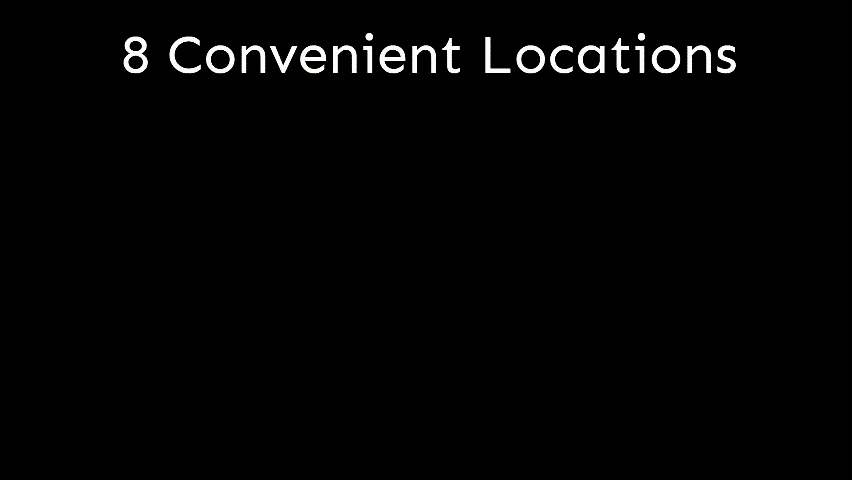If you're considering switching welding gas suppliers, you’re not alone. Many welders and fabrication shops find themselves frustrated with late deliveries, inconsistent gas quality, rising prices, or poor customer service. But changing suppliers isn’t a decision to take lightly—it directly affects your shop’s productivity, weld quality, and operating costs. At Dupuy Oxygen, we know what goes into building a reliable supplier relationship, and we’re here to walk you through what to know before making the switch.
Evaluate Your Current Supplier
The first step is to identify what’s going wrong with your current supplier. Are your cylinders arriving late or incomplete? Are gas mixes inconsistent or poorly labeled? Are you paying too much for basic service? Sometimes the issue isn’t about pricing—it’s about reliability and support. Create a simple scorecard of your current provider’s performance: delivery timing, gas quality, billing accuracy, and responsiveness to service requests. This gives you a baseline to compare new options.
Understand Your Welding Needs
Before you switch, take a fresh look at your welding processes and needs. What types of gases do you use most often—argon, CO2, oxygen, acetylene, or specialty mixes? Do you need bulk delivery, cylinder exchange, or on-site refills? How often do you run out of gas or need emergency delivery? Understanding the volume, frequency, and storage logistics of your operation will help you determine what kind of supplier arrangement best suits your workflow.
Check Compliance and Safety Standards
One of the most overlooked factors when choosing a welding gas supplier is whether they meet safety and regulatory standards. Look for suppliers who adhere to DOT, OSHA, and CGA standards for cylinder maintenance, labeling, and delivery. Ask if they provide up-to-date Safety Data Sheets (SDS), training support for your team, and help with cylinder tracking or leak detection. A reputable supplier will prioritize safety at every stage.
Compare Pricing Models and Hidden Fees
Price is always a factor, but the lowest price doesn’t always equal the best value. Ask potential suppliers for a detailed quote that includes rental fees, delivery charges, hazmat surcharges, and return penalties. Compare this against your current costs. Some suppliers appear cheaper up front but charge high fees for late returns or minimum usage requirements. Make sure you're comparing apples to apples and that your supplier is transparent about all costs.
Assess Customer Service and Support
One of the biggest reasons companies switch gas suppliers is poor customer service. You want a team that’s responsive, knowledgeable, and easy to reach when things go wrong. Before making a move, test the waters: call the new supplier with a few technical questions, ask about delivery windows, or inquire about their emergency response times. If they don’t prioritize your business before the sale, they likely won’t afterward either.
Plan for a Smooth Transition
Switching suppliers doesn’t have to be disruptive, but it does require a little planning. Make sure your old cylinders are returned properly to avoid penalties, and coordinate with your new supplier for a timely swap. Ask if they offer an onboarding process to help train your team, label cylinders correctly, and update any internal systems. A good supplier will help you make the changeover as seamless as possible so you don’t lose valuable production time.
Local Matters
Working with a local supplier like Dupuy Oxygen has its advantages. We understand the climate, regional regulations, and common materials used in Central Texas. That means faster delivery, better emergency support, and a personal relationship you won’t get from national chains. Whether you’re running a small shop or managing large industrial welding projects, having a local partner who can adapt to your needs matters more than you think.
Call to Action
If your current welding gas supplier is falling short, now is the time to explore a better option. Dupuy Oxygen has been Waco’s trusted supplier for years, providing top-quality gases, flexible delivery, and outstanding customer support. Let’s talk about your needs, compare solutions, and see how we can help you switch with confidence. Contact us today to make your welding gas supply simpler, safer, and more reliable.


